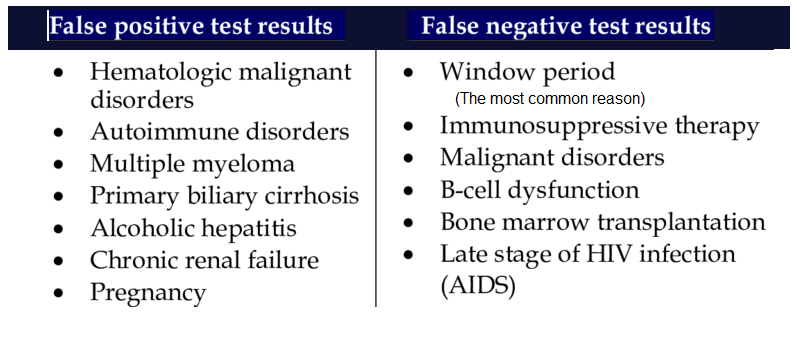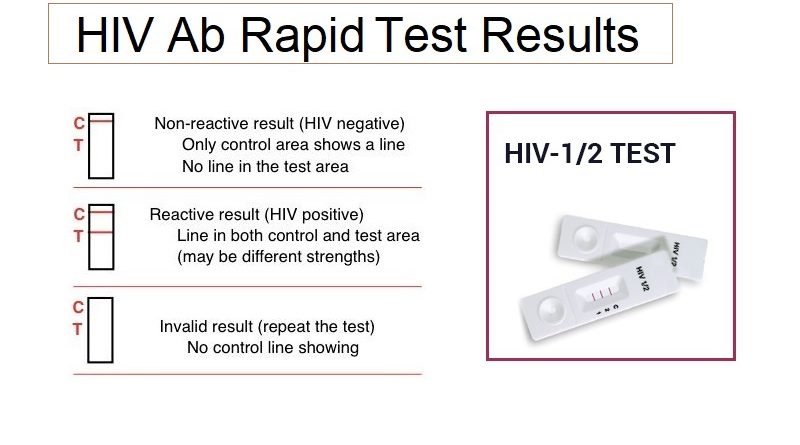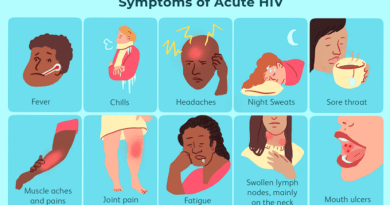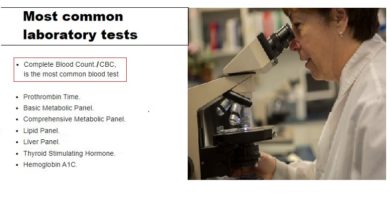HIV Testing is the only way to know!
Last Updated on 02/07/2026 by Helal Medical
Do you expect exposure to HIV infection? Do you want to know if you got HIV infection? HIV Testing is your only way to know. The only way to know if you have HIV infection (or any sexually transmitted diseases) is to undergo testing. HIV is the virus that is responsible for causing acquired immune deficiency syndrome, (AIDS).
Why is HIV Testing the only way?
HIV (Human Immunodeficiency Virus) infection often has no symptoms. The longer you stay without treatment, the more damage it can do to your immune system and to your health.
When should you undergo HIV Testing?
Any one had unprotected sex , should go for HIV Testing. Undergo HIV Testing anytime after exposure to infection.
What to do after HIV testing?
This depends on the result; where a positive result , requires to repeat the test to confirm , or undergo a confirmatory test as Western Blot. And, If the result is negative, then you need to repeat the test again after the window period.
What types of HIV tests are available?
There 3 main test types to diagnose HIV infection. Choosing which test is suitable for you depends on many factors:
1- Are you from high risk group?
2- After exposure to HIV infection, Did you develop symptoms?
3- The cost and availability.
1- A NAT or PCR
It looks for the actual virus in your blood, for the genetic material, (RNA or DNA) of the virus. It is done on a blood sample from your vein. The test can either diagnose HIV infection, (Negative or Positive result), or tell how much viral load (quantity of virus present in the blood). PCR can detect HIV sooner than other types of tests, but it is very expensive and not routinely used for screening individuals unless they recently had a high-risk exposure or a possible exposure and have early symptoms of HIV infection.
2- Antigen/antibody test (Combo Test)
This test looks for both HIV antibodies and antigen (the antigen is p24). Your immune system produces antibodies when after exposure to viruses or bacteria. Antigen p24 appears in the blood before antibodies.
Antigen/antibody tests are now common in many countries. Test uses a blood sample.
There is also a rapid antigen/antibody test available for home , where you can use blood from a finger prick.
3- HIV antibody tests
It looks only for antibodies to HIV in your blood or oral fluid. Where the laboratory technician uses a blood sample from your vein. The body of any person infected with HIV produces proteins in response to infection. Those proteins, help to fight this infection. They are called antibodies.
Thus, an HIV antibody test helps in finding these antibodies. HIV antibody test is the most common test , as it is not expensive and available in most laboratories. Other 2 types of tests. (PCR ,and Combo), are far more expensive and not available in many laboratory. If the test result was negative , you have to repeat the test after the window period, (window period for HIV antibody test is 90 days). Read more about (window period below.
It is also available for home testing. Home test uses blood from a finger prick. You can purchase the test kit from online shops or drug stores. Doing the test in a laboratory is more accurate. Tests on with blood from a vein is more accurate than a finger prick or with oral fluid.
What Is a Window Period?
The window period is the time from exposure to infection till the antibodies can appear in the test. HIV tests are very sensitive, even though, they cannot tell if you have the virus just after exposure. Every HIV test has a different window period. That’s how long you need to wait until you can take the test and expect an accurate result. This does not mean that you have to wait. But, you have to repeat the negative test once more after the window period.
HIV Antibodies test (AIDS Screening)
The HIV Antibodies Screening test is used to detect the presence of HIV infection.
When to do the test?
The test can be performed 4 to 12 weeks of exposure. In the test, a blood sample is collected from a vein. This can be done at home as well using blood from finger prick. Early testing can help help long term survival and prevent spread of infection.
False positive and False negative HIV tests
False positive HIV tests are common , so after a positive HIV test you must do another test to confirm. While Negative HIV tests done after the window period are very rare. There for we depend on the negative result when performed after the window period.


Why to do the test?
The test is is recommended in cases where the person was exposed to infection: 1- has consumed drugs through a syringe that maybe contaminated, 2- or has had unprotected sex with unknown partner.
Preparation for the test
We, in Helal Medical, collect a blood sample from a vein near the elbow joint. So, wear half sleeve shirt better than full sleeve shirt. Preparation , as fasting , is not required.
Procedure:
The skin is sanitized and the syringe needle is inserted into vein near the elbow joint.
Contact Helal Medical for HIV Testing
You can contact Helal Medical by text or call #helalmedical : Landline: 76216027 Mobile: 09393333334 / 09173584725
Location: You may search google maps for Helal Medical location: g.page/helalmedical
Sources:
– https://www.cdc.gov/hiv/basics/whatishiv.html
– https://www.cdc.gov/hiv/basics/hiv-testing/test-types.html
– https://www.webmd.com/hiv-aids/hiv-tests-accurate
– https://www.medicalhealthtests.com/articles/11/hiv-testing/hiv-antibody-test-accuracy.html
– https://medlineplus.gov/ency/article/003538.htm
Do you have a question? please drop it down in the comments, or
Click here for (FREE ONLINE CONSULTATION)
If you suspect that you may have symptoms, Helalmedical can help, offering quick, private, and convenient testing options. You may contact us here: Facebook page.
Discover more from Helal Medical Manila
Subscribe to get the latest posts sent to your email.




